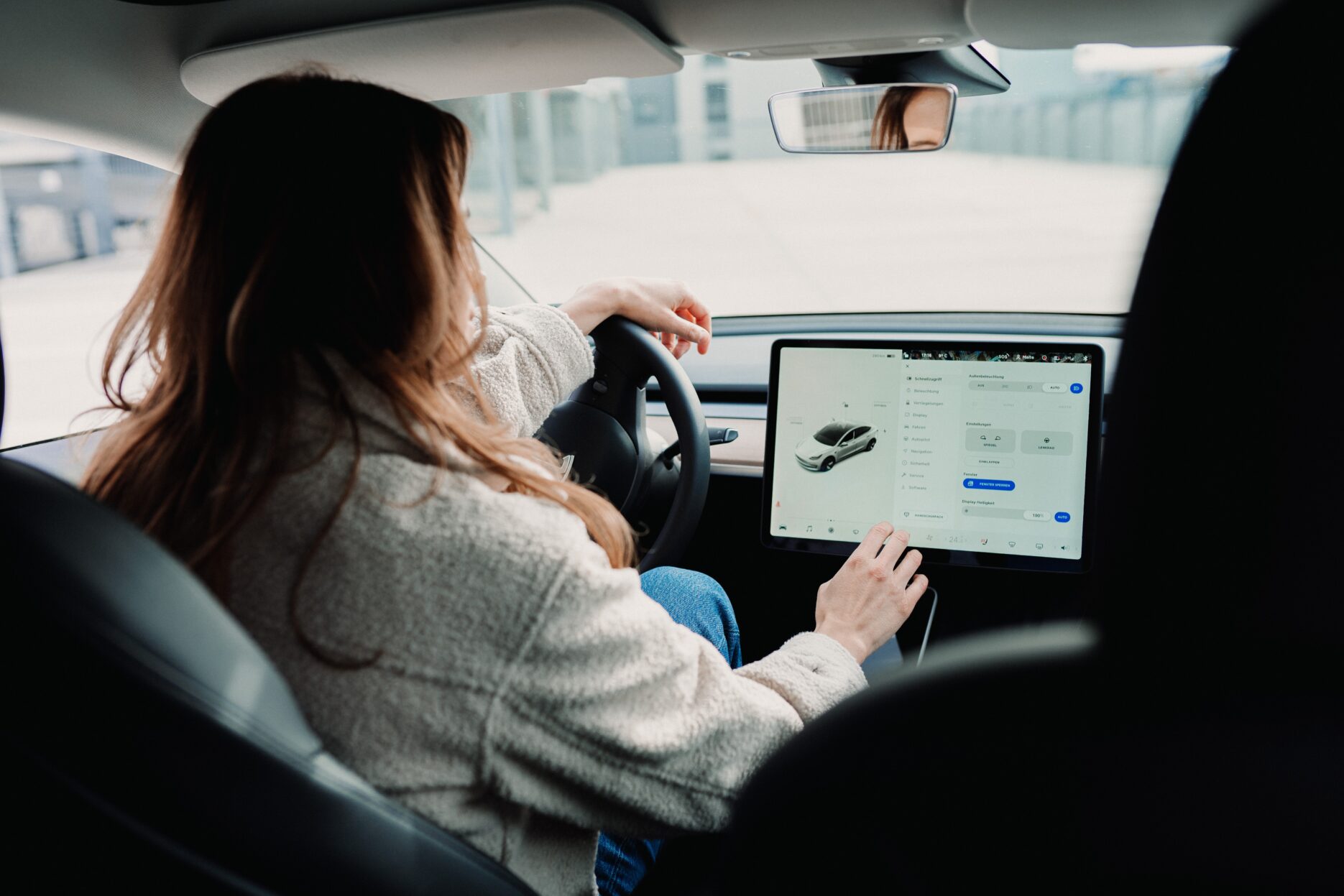Wuxi, a city in China’s southern Jiangsu province, has rolled out the nation’s first round of regional regulations for the internet of smart vehicle technologies. Officially effective on March 1, the new guidelines promote the development of car networking technologies (in areas such as public transport, traffic monitoring, logistics, and deliveries) to support smart transport and smart cities.
In addition, the latest guidelines placed an emphasis on cybersecurity and personal information protection legislation. Any data collected from the technologies are to be stored on domestic servers and any data needed to be sent overseas will have to undergo a security review.
At present, Wuxi is home to the Jiangsu Internet of Vehicles Pilot Zone, the first national-level pilot zone in the country. However, according to Zhang Hui, a researcher at the Chinese Association for Artificial Intelligence, regulations for the industry have been largely absent since its implementation.
“The draft regulation was issued just in time to fill in the gap in Wuxi’s intelligent-driving sector, which will provide an important guiding role in the implementation of the technology nationwide,” stated Zhang.
According to a report published by Chinese industry analysis firm iiMedia Research, the market value of China’s autonomous-driving sector exceeded 10 billion RMB (1.48 billion USD) in 2022, and it may double to 26.76 billion RMB (3.92 billion USD) by the end of 2025.
All in all, the latest guidelines serve as a key element in the development of autonomous driving as well as in the planning and development of smart cities – a concept China is striving to make a reality as it sets its sights on becoming the world’s leader in self-driving vehicles.









